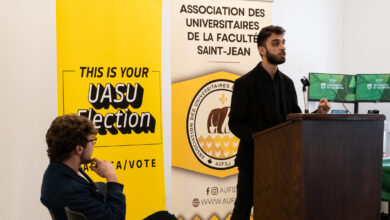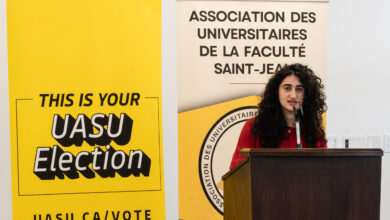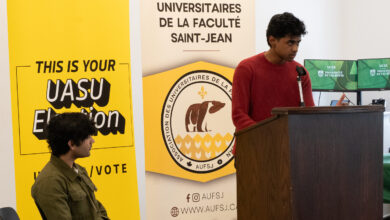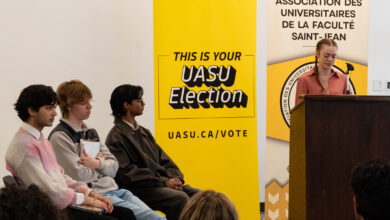Changing markers on government ID isn’t the right solution
Adding citizenship markers and removing the "X" gender marker are neither necessary or helpful.
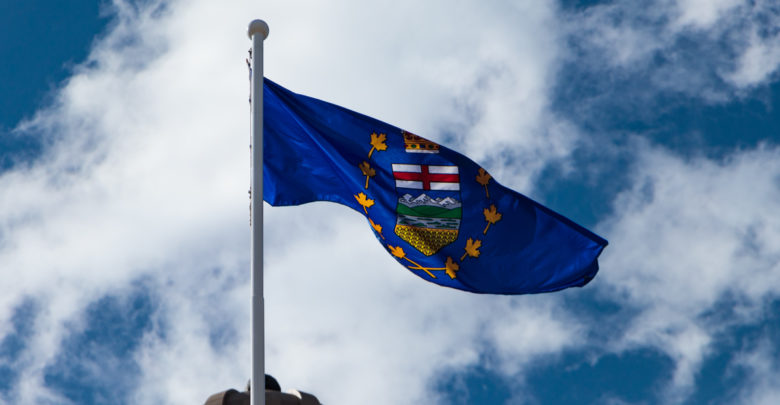 Christien Ford
Christien FordMany of us probably don’t think too hard about what’s on our driver’s license. The United Conservative Party (UCP), however, has been giving it a lot of thought lately. The UCP is considering adding citizenship status to Alberta driver’s licenses and removing the “X” option for gender. This is entirely unnecessary, restricting, and dividing with little to gain from it.
The annual UCP convention, held in Red Deer on November 1 and 2, began the debate on this idea. One of the policy resolutions UCP members voted in favour of was to only allow male and female gender markers on Alberta driver’s licenses.
There is some logic behind adding citizenship markers to identification. The Canadian Security Intelligence Service (CSIS) has stated that Alberta is a likely target for foreign interference, especially when it comes to foreign parties attempting to influence voters. Though CSIS did not cite voter fraud as something being used by foreign actors, it’s understandable to want to bolster election security. The addition of citizenship status on Alberta driver’s licenses and identifications would theoretically improve measures to ensure only citizens are voting.
Currently voting only requires a proof of address, an identification card, and being in the proper voting station. There’s concern that permanent residents might be able to vote despite them not being citizens. However, the labelling on driver’s licenses could cause non-citizens to feel isolated and would create an “us versus them” dynamic. We should be welcoming our newcomers and future citizens instead of labelling them as less or non-Canadian.
A better change would be to require voters to present a Canadian birth certificate when registering to vote. For those not born in Canada, they could present a certificate of citizenship, which is obtainable through the federal government. Voting is not a daily or even annual occurrence. We are fully able to give citizens reminders and time to ensure they have proper identifications to vote if such a change was made.
The UCP’s proposition of citizenship markers, out of fear of election interference after CSIS’s statements, is semi-reasonable. But the possible change of removing the “X” marker would achieve nothing beyond hurting the 2SLGBTQI+ community.
Realistically, limiting personal identification is in line with the UCP’s anti-trans legislation. However, this differs from the argument behind the policy changes and legislation. The UCP cited wanting to protect children from life-altering decisions — this change would target anyone but children. It would only limit the freedom of expression of adults.
So in the end, this change does not help anyone. Rather, it actively restricts the expression of a very limited and specific group of conscious, self-identifying adults. Additionally, this would impact intersex individuals, who, through no choice of their own, do not fit neatly in within either male or female markers. The fact that this change would only affect the 2SLGBTQI+ community makes me wonder about the motive.
The proposed changes to Alberta driver’s license identification markers would be unnecessary and a waste of governmental resources and time. Removing the “X” marker only attacks the expression of a specific and small group of people. Adding citizenship markers seeks to divide another group as non-Canadian under the guise of provincial security.

